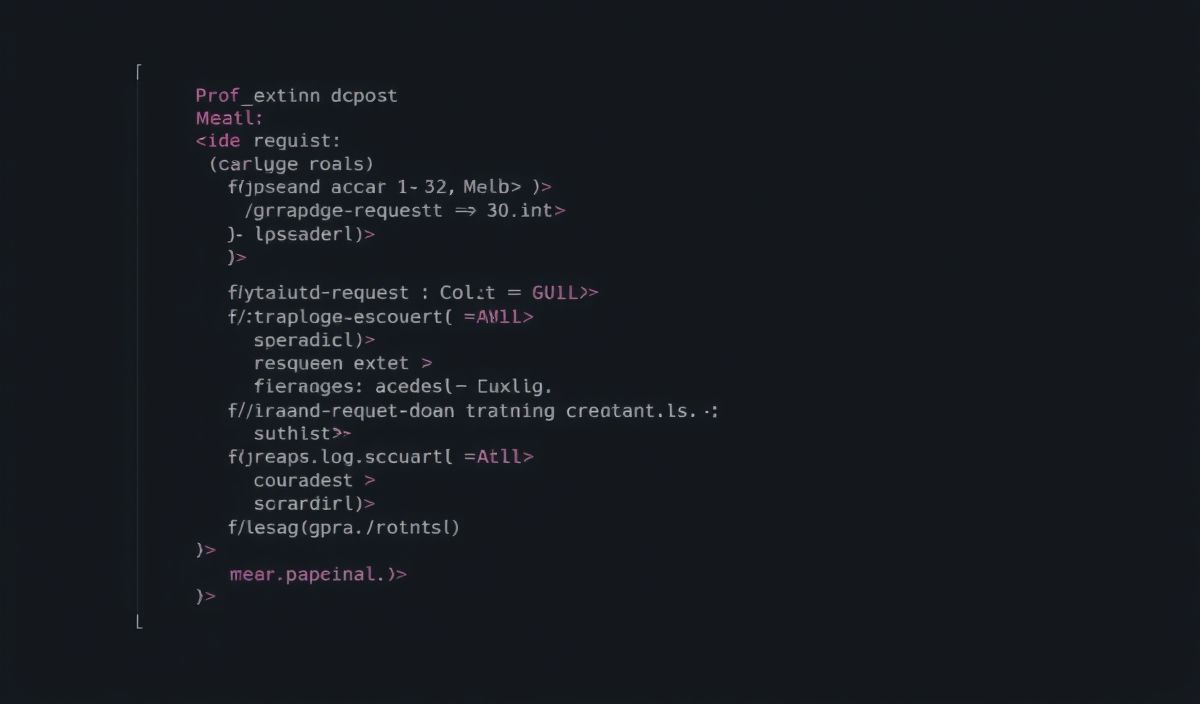Introduction to Livereload
Livereload is a powerful tool that enhances the web development process by automating the refresh of web pages as soon as changes are detected in the source files. It significantly improves the development workflow by removing the need to manually refresh the browser, saving developers time and effort.
How Livereload Works
Livereload works by monitoring the file system for changes and then triggering a reload of the web page when changes are detected. It supports various file types, including HTML, CSS, and JavaScript, making it a versatile tool for front-end development.
Dozens of Useful APIs
Initialization API
const livereload = require('livereload');
const server = livereload.createServer();
server.watch(__dirname + "/public");
This code initializes the Livereload server and watches the public directory for changes.
Configuration API
const livereload = require('livereload');
const server = livereload.createServer({
exts: ['html', 'css', 'js'],
port: 35729
});
server.watch(__dirname + "/public");
This code configures the Livereload server with specific file extensions and a custom port.
Excluding Files API
const livereload = require('livereload');
const server = livereload.createServer({
exclusions: ['.map', '**/ignored-directory/**']
});
server.watch(__dirname + "/public");
This code excludes specific files or directories from being watched by the Livereload server.
Delay Reload API
const livereload = require('livereload');
const server = livereload.createServer({
delay: 100
});
server.watch(__dirname + "/public");
This code sets a delay before reloading the page after a change is detected.
App Example
Here is an example of a simple web application setup using Livereload:
const livereload = require('livereload');
const connect = require('connect');
const serveStatic = require('serve-static');
const app = connect();
app.use(serveStatic(__dirname + '/public'));
const livereloadServer = livereload.createServer();
livereloadServer.watch(__dirname + "/public");
app.listen(3000, () => {
console.log('Web server is running at http://localhost:3000');
});
In this example, we use the connect library to create a simple web server that serves static files from the public directory. The Livereload server is configured to watch the public directory for changes.
Conclusion
Livereload is a valuable tool for any front-end developer looking to streamline their workflow and improve productivity. With its extensive API, developers can configure Livereload to fit the needs of any project. By following this guide, you should be well-equipped to integrate Livereload into your own development process.
Hash: b916012df34283789ca24ffdd47621dc3e24bbe71590b9a9c61bc7ea8d62ed14




